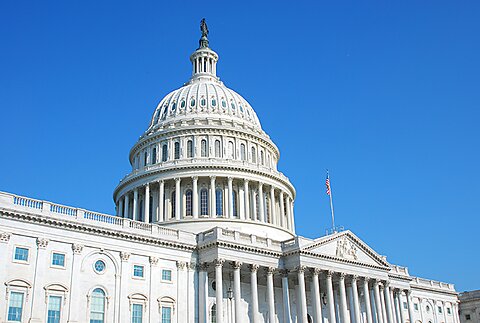Nicholas Anthony
Congress is currently weighing the future of overdraft services. During the final hours of the Biden administration, the Consumer Financial Protection Bureau (CFPB) established price controls for overdraft services that would take effect on October 1, 2025. If allowed to proceed, the rule will force banks and credit unions to choose between reducing prices by more than 80 percent, pricing at cost, or changing overdraft services to a loan program.
For many Americans, these requirements are likely to mean the end of overdraft services. If they spend more than they have, the transaction will be denied on the spot.
While the CFPB has claimed it seeks to protect consumers, it’s hard to understand how eliminating access to financial services can be considered an act of “protection.” It’s even harder to understand this framing when one remembers consumers must actively choose whether or not to have overdraft services and may opt-out at any time.
Beyond the opt-in nature of the service, surveys have also shown that people value overdraft services. In one survey conducted by the American Bankers Association, 88 percent of consumers said that overdraft protection is a valuable service. The survey further found that 77 percent of consumers who had paid an overdraft fee in the past year preferred paying the fee over having the transaction denied.
For many of these people, the end of overdraft services could mean the end of a crucial lifeline. In 2023, the Financial Health Network found that, “Many households report few alternatives to overdraft, and a consistent majority report a preference for incurring the fee versus having the purchase declined.” When surveyed by the Consumer Bankers Association, more than 60 percent of the people who overdrafted their account in the last year had also been denied a credit card.
As customers, it’s only natural to want prices to be lower. However, the CFPB should not be allowed to restrict what prices are permitted. It is not the government’s job to pick and choose which prices are too high and which prices are too low. That role should be left to the market.
Whether that role will be left to the market is still to be seen. The Senate just passed a Congressional Review Act resolution to overturn the rule. Now it’s up to the House, and then the president, to decide whether the CFPB’s price controls will be upheld or struck down.


























